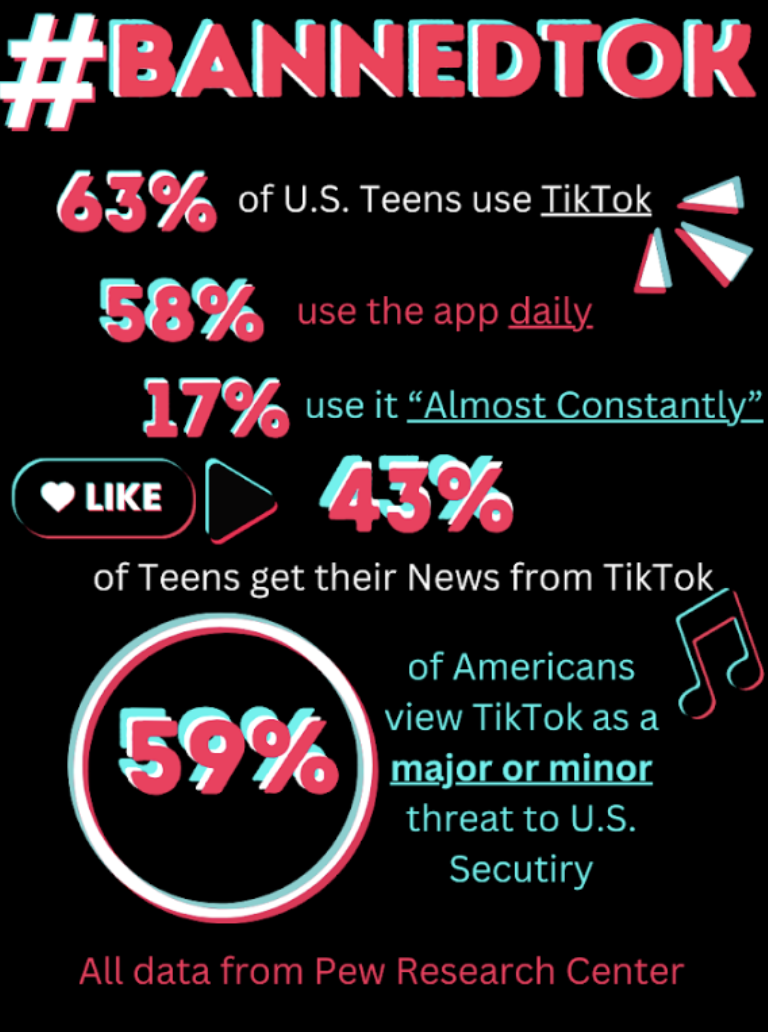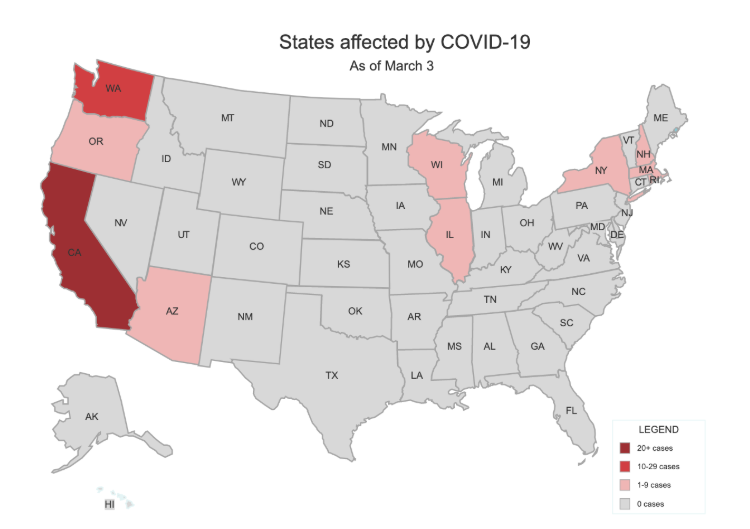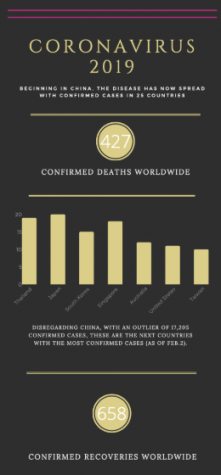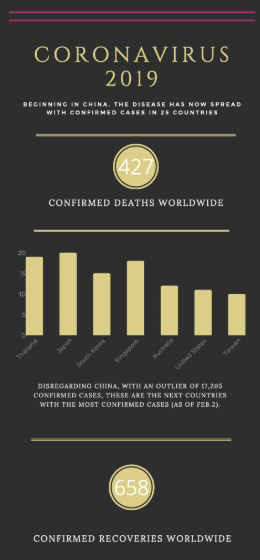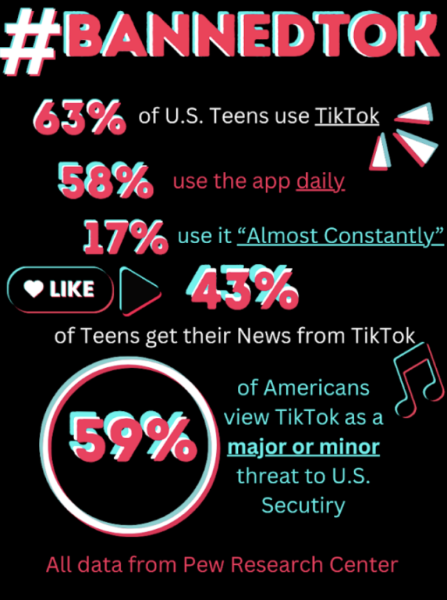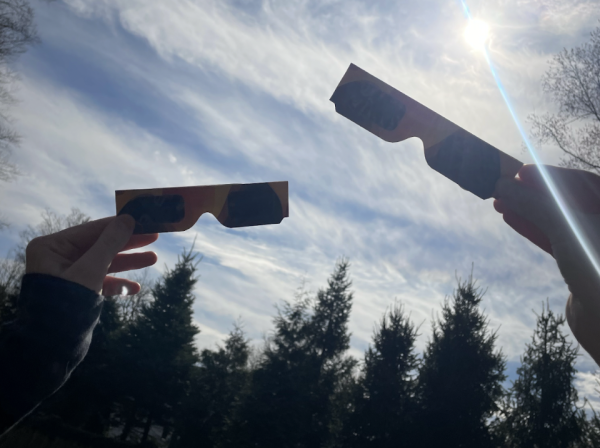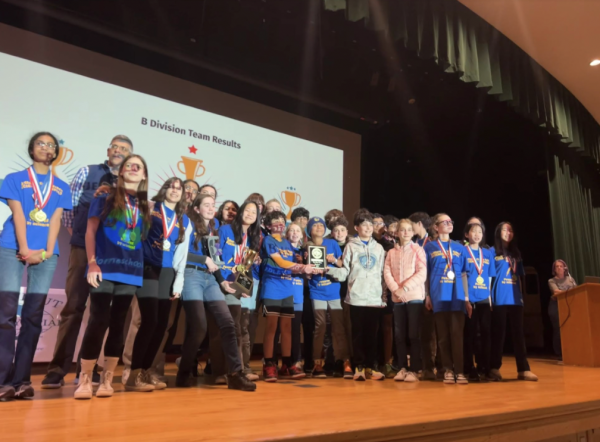COVID-19 threat prompts update of pandemic plan
In response to the COVID-19 outbreak, the Westport Public School district will update its operational pandemic plan in the event of a prolonged school closure, including the continuity of teaching and learning.
In response to the COVID-19 outbreak, the Westport Public School district will update its operational pandemic plan in the event of a prolonged school closure, including the continuity of teaching and learning.
A health update sent to Westport families via email on Feb. 27 by Interim Superintendent Dr. David Abbey and Supervisor of Health Services Suzanne Levasseur expressed some of the procedures in place.
“In an effort to obtain the most current information, we participate in a weekly state conference call with the State Department of Public Health to receive information vital to the health and safety of our school community,” the email read. “In addition, we are collaborating on a daily basis with the Westport/Weston Health District and by extension, the State of Connecticut Department of Public Health.”
Levasseur remains vigilant about the threat of the coronavirus, and will work with the Westport health department to determine both whether a closure is needed and how it would be handled, based on the number of students reported sick.
“The health offices are prepared to screen students who have symptoms that are consistent with the coronavirus,” Levasseur said. “If we have a student that may have had recent travel, or may have symptoms that we are concerned about, we may isolate the student and have them call their pediatrician or primary care provider and notify the health department.”
Levasseur also mentioned that the district is discussing plans for online teaching if a closure does occur.
According to the World Health Organization (WHO)-China Joint Mission, the world-wide mortality rate of those diagnosed with Coronavirus is 14.8% for those over 80 years, .4% for people between ages 40-49 and .2% for people ages 10-19, the age range of students at Staples.
Social studies teacher Cathy Schager is cautiously optimistic about the school’s potential policies and is not worried about the virus posing a serious threat to students’ health.
“To do everything online wouldn’t be ideal but I think it’s something I could totally see happening for a short period of time,” Schager said. “I think that in addition to using things like Google docs, I would want a component that includes something like video chatting […] I can see it being something very useful if the school does end up being shut down for a period of time.” To do everything online wouldn’t be ideal but I think it’s something I could totally see happening for a short period of time — Social Studies teacher Cathy Schager
The US Center of Disease Control (CDC) has been working to prevent a pandemic, advising all to follow typical prevention procedures.
“The best way to prevent illness is to avoid being exposed to this virus,” the CDC website reads. “However, as a reminder, CDC always recommends everyday preventive actions to help prevent the spread of respiratory diseases, including: avoid close contact with people who are sick; avoid touching your eyes, nose, and mouth; stay home when you are sick; cover your cough or sneeze with a tissue, then throw the tissue in the trash.”
Connections classes discussed the preventative measures including hand washing and “swipe right” in the cafeteria on March 3.
Additionally, Tedros Adhanom, director-general of the World Health Organization, spoke about the development of vaccines worldwide on Feb. 28 in a public briefing.
“More than 20 vaccines are in development globally, and several therapeutics are in clinical trials. We expect the first results in a few weeks,” Tedros said.
Faced with the scare of the possibility of a pandemic, Eduardo Andrade ’21 remains optimistic.
“I am not concerned because it’s being overhyped,” Andrade said. “There are fewer than 100 known cases in the United States—we’re overreacting.”

